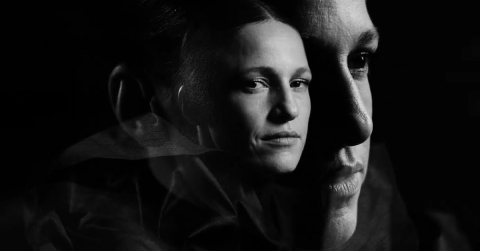The LA Film Critics Association has named There Will Be Blood the best picture of the year and its director, Paul Thomas Anderson, and star, Daniel Day-Lewis, best in their categories as well. Now, critics on the East Coast are adding their praise, too. In this week's New Yorker, David Denby calls the film "an enthralling and powerfully eccentric American epic ... magnificent."
The LA Film Critics Association has named There Will Be Blood the best picture of the year and its director, Paul Thomas Anderson, and star, Daniel Day-Lewis, best in their categories as well. Now, critics on the East Coast are adding their praise, too. In this week's New Yorker, David Denby calls the film "an enthralling and powerfully eccentric American epic." He writes:
The experience chronicled [in the film] is as astounding in its emotional force and as haunting and mysterious as anything seen in American movies in recent years ... [T]he young writer-director Paul Thomas Anderson has now done work that bears comparison to the greatest achievements of Griffith and Ford ... As for Daniel Day-Lewis, his performance makes one think of Laurence Olivier at his most physically and spiritually audacious.
Denby's enthusiasm for the film extends to its haunting soundscape:
Again and again, Anderson creates raptly muscular passages ... and the film’s tone is at once elated and sickened. A dissonant, ominous electronic wail, written by the Radiohead guitarist and composer Jonny Greenwood, warns us of trouble ahead. Once the derricks are up, Greenwood imitates the rhythmic thud of the drill bits and pumps with bustling passages of plucked strings and pounding sticks. Blood has the pulse of the future in its rhythms. Like the most elegiac Western, this movie is about the vanishing American frontier.
For Denby, There Will Be Blood, "austerely magnificent," marks a high point in the director's career, but one that remains committed to the iconoclasm of the world of independent filmmaking in which Anderson's career began:
In Blood, he has taken on central American themes and established a style of prodigious grandeur. Yet some part of him must have rebelled against canonization. The last scene is a blast of defiance—or perhaps of despair. But, like almost everything else in the movie, it’s astonishing.
To read the complete review, visit newyorker.com. To hear two tracks from Greenwood's score, click on the Nonesuch Radio icon at the top left.



